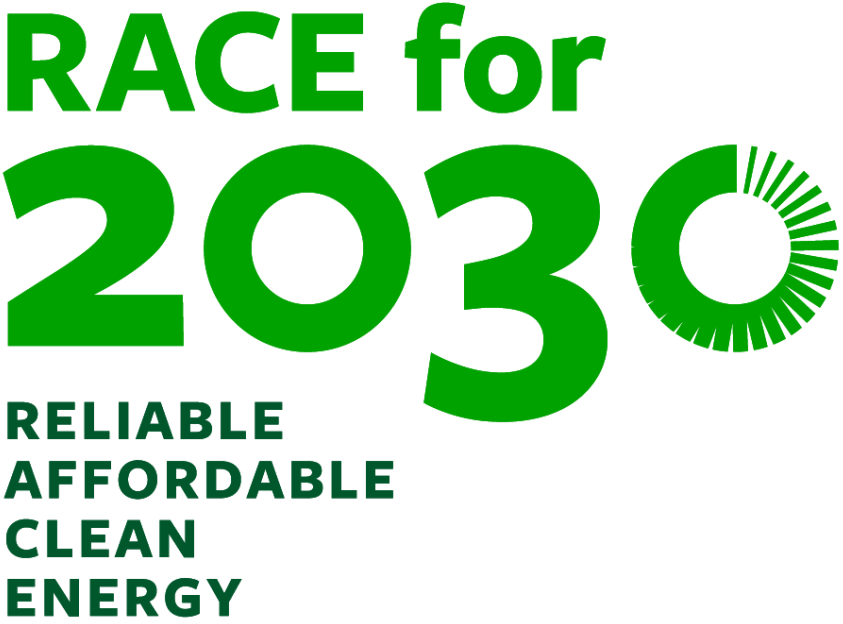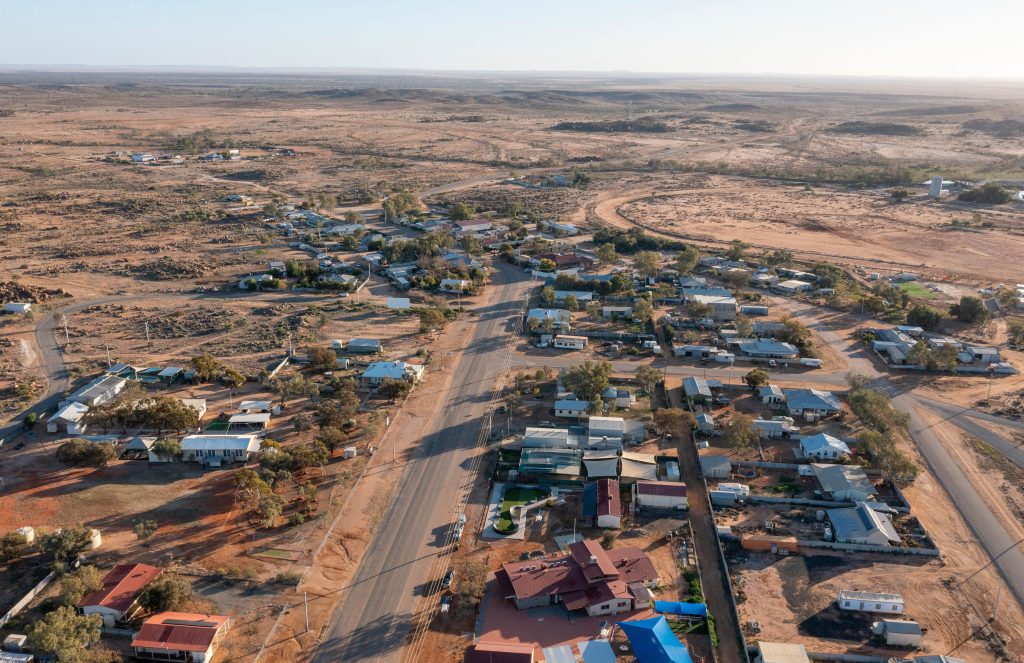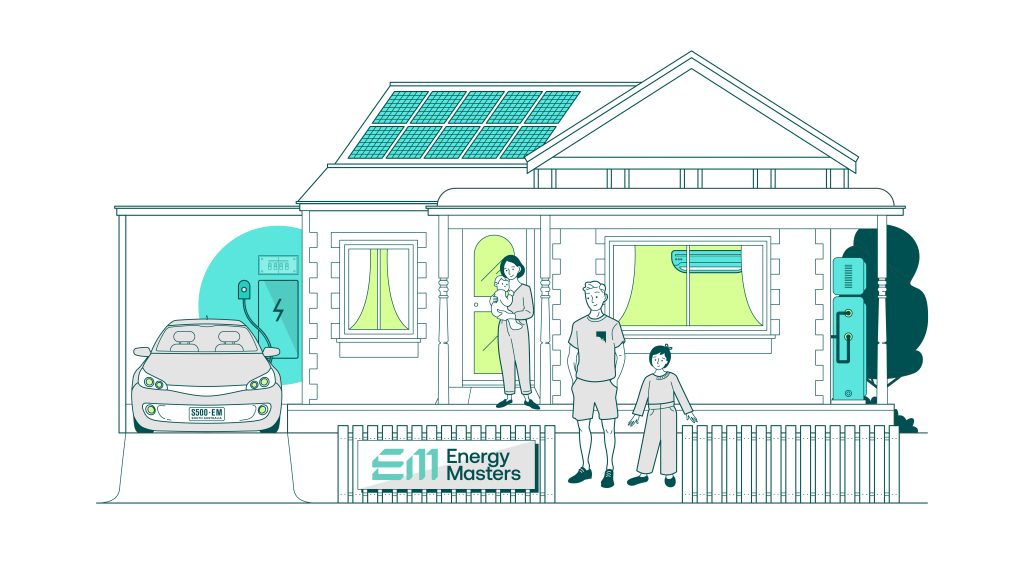Chief Investigators
Dr Rowena Cantley-Smith (UTS)
Purpose of project
The global electricity system is rapidly decarbonising and decentralising. This decentralisation is driven by the rise of “Distributed Energy Resources” (DERs). For the purposes of this study, DER includes distributed generation, in particular rooftop solar PV, distributed battery storage, vehicle-to-grid electric vehicles, thermal storage and load flexibility. In this research theme, we are concerned with the relationship between DER and the electricity distribution network. This rapid rise of DER and the associated shift in how electricity is generated, transported, and used, require a change in management and regulation of the electricity system, from both a technical and economic perspective, as well as rethinking the role of distribution networks. This requires a review of policy settings, regulatory frameworks, control strategies, consumer facing retail business models and network service models, and asset and ownership diversity across the entire supply chain. It is critical to reiterate that by far the most significant driver of all these trends are individual consumer decisions. The implications of these consumer decisions for the energy transition and therefore, for this research theme (N4) are enormous. This theme aims to gather evidence and provide analysis to better inform the reform process.
This opportunity assessment will focus on the following areas:
1) Maximising customer value from existing Demand Management regulatory incentives
2) Analysis of Distribution System Operator functions to enhance customer outcomes
3) Customers-centred review of reform opportunities for regulation of networks services
Impact of project
Expected impacts of research in this theme should include lower energy bills and higher reliability for energy users, accelerated adoption of network DM and DER solutions, and new business opportunities for energy users, start-ups, DER providers and network businesses.
This theme will improve the application of existing and planned regulatory reforms including the DMIS, DMIA and WDRM, and facilitate future beneficial regulatory reform.
By providing practical models for optimising DSO planning, deployment and dispatch, this project could facilitate rapid growth in cost-effective DM and DER, with significant benefits in costs savings, reliability, and emission reduction.
Project partners – industry and research
UTS (Lead), AGL, Ausgrid, Curtin University, DEECA (VIC), EPRI, Monash University, Planet Ark Power, RMIT
Non Partner Statement of Commitment: Total Environment Centre, Energy Consumers Australia
Published Report
Status
- Completed
Project Leaders
- Rowena Cantley-Smith, UTS
Completion Date
September 2023
Project Code
0242







